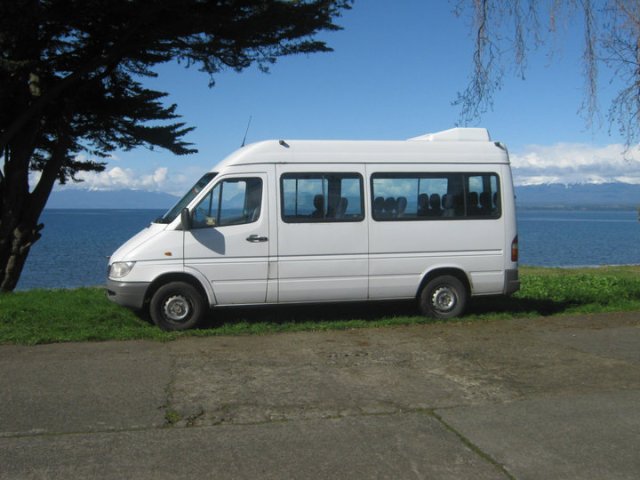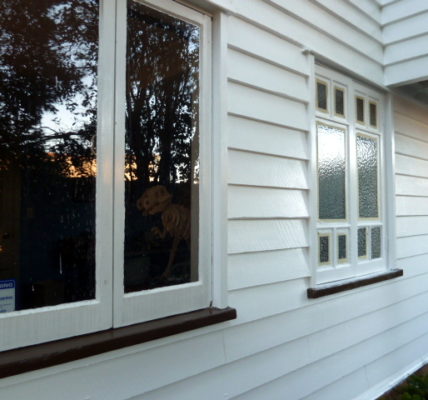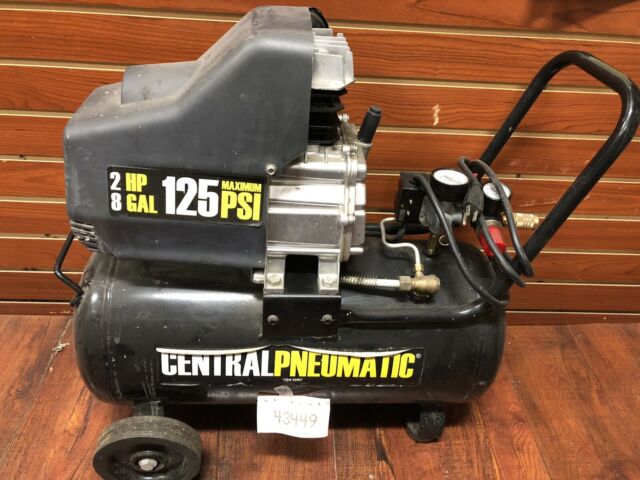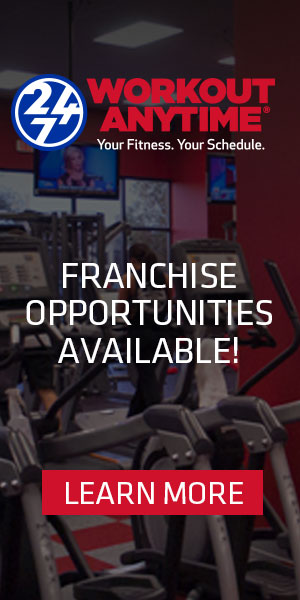For more than half a century the U.S. has actually adhered to a motor vehicle centric transportation policy which sustained remarkable U.S. financial and also population development.
Alternating forms of transportation consisting of strolling, cycling, rail transportation as well as public transit have been ignored, also disregarded in the auto period during which the bypassing transport preparation ideology has been to boost the speed of moving products, solutions as well as people by increasing roadways, freeways and car park centers. Transport preparation has actually continued without regard to wellness or the atmosphere or the honesty and also vigor of our communities.
Early in the 21st century, the danger to nationwide protection as well as the ramifications of international environment modification plus the rising cost of a nonrenewable fuel source reliant transportation system and also ever before increasing traffic jam started to recommend reevaluation as well as reform of our nationwide transport policy.
There’s good factor to restructure transport top priorities to sustain a sustainable transport system which supplies access to individuals, places, items, and also solutions in an environmentally liable, socially acceptable, and financially feasible manner.
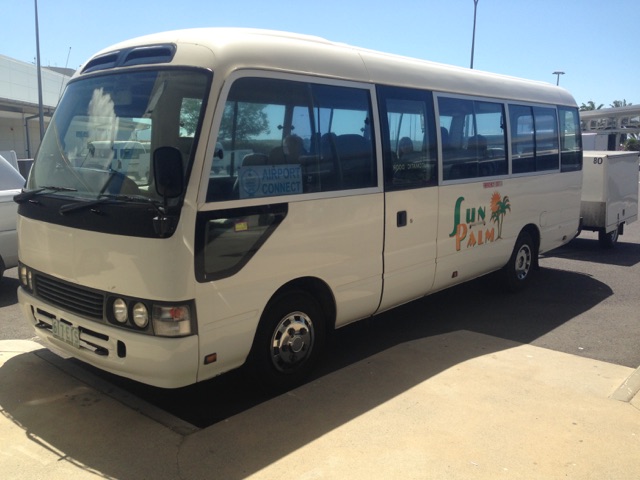
The Environment
Transport make up about 40% of UNITED STATE greenhouse gas discharges. Automobile generate greater than 2/3rds of the carbon monoxide, 1/3rd of the nitrogen oxides and 1/4 of the hydrocarbons launched into the atmosphere.
oRunoff of roadway salt, dust and also dust, plant foods, chemicals, antifreeze, engine oil, particles and trash from roads, bridges as well as parking lots discover their method right into aquifers, lakes, rivers, streams and also seas.
oRoad construction changes as well as damages wildlife environment.
oMore than 1 million animals are killed on the nation’s freeways each day.
The Economic climate
To be affordable internationally and to support a dynamic national economic situation, U.S. transport systems should supply quick, trustworthy and also adaptable access that boosts performance and also productivity as well as reduces prices.
oBusiness prosperity goes to threat when items as well as solutions are not offered in a prompt way and also when employee performance is affected by delays and also anxiety resulting from congestion.
oEach year, U.S. services indirectly pay billions of bucks in employee “blockage tolls” comprised of absence, car parking expenditures, treatment, fringe benefit, turnover, as well as lowered performance. Employer property expenses rise in order to provide employee car parking facilities. Learn how prioritizing convenience when traveling can affect your experience, read more in this article.
oTen years ago the ordinary American spent 443 hrs behind the wheel of a vehicle, or 55 eight-hour days. The Texas Transportation Institute (TTI) approximated that in 1999 the complete congestion “expense” pertained to $78 billion, the value of 4.5 billion hrs of hold-up and 6.8 billion gallons of excess fuel taken in.
oPaving open room and also converting farmland to industrial and domestic growth lowers our ability to generate food products, lowering food availability and raising food prices throughout the globe.
oHighly experienced staff members look for offices situated in locations with a top quality of life, with several transportation options as well as inexpensive housing nearby. Businesses that can’t provide this premium quality have higher trouble in recruiting workers than those that do.
oReliability and also speed of shipment of items and solutions is important to business success. Companies are injured by disinvestment in existing metropolitan areas. Public funds are frequently committed to produce infrastructure in the next “brand-new” suburban area, benefiting businesses that move yet not those who remain in place.
Organisations located “midtown” or in “old” suburbs commonly experience roads as well as roadways in disrepair as well as congestion- obstacles to access by distributors and clients alike.
oAccording to the Texas Transport Institute, Americans are experiencing longer delays, longer durations of congestion, and also the spread of blockage throughout increasingly more of the nation’s highways. They recommend that traffic jam will certainly remain to aggravate as the number of automobile miles traveled remains to grow.
oCars and also vehicles made up 43 percent of all oil products eaten in the UNITED STATE in 2000 (EIA. Energy Expectation 2002).
oOil intake is a crucial contributor to the UNITED STATE trade deficiency. In 2007 the UNITED STATE spent $330 billion on imported oil as well as petroleum items. Reliance on imported oil influences U.S. foreign policy.
Health and wellness, Safety and Safety and security
Vehicle driven transport systems take an increasing toll on health and wellness every year, impacting motorists as well as non-drivers alike. Children, elders and individuals with breathing issues are specifically influenced.
oU.S. transport systems optimize direct exposure to vehicle website traffic, air as well as water contamination while dissuading the workout which arises from walking and cycling.
oOther health hazards attributable partially to transport include weight problems and asthma. Remove the individual lorry and prices of obesity and bronchial asthma decrease.
oOver 70,000 fatalities annually are attributed to air pollution.
oOver 40,000 Americans are eliminated each year in freeway accidents, the leading reason of death among people under 35.
oTransportation funding is typically spent to raise web traffic ability and also rate, not to improve safety.
oAlthough much less than 6% of all journeys are made on foot or bicycle, roughly 13% of web traffic deaths are pedestrians or bicyclists.
oLess than 1% of federal transport funds are made use of for strolling or cycling.
oTransportation represent 2/3 of UNITED STATE oil usage with almost 50% credited to car. Oil imports stand for approximately 60% of U.S. oil intake; much of it from unpredictable sources. Current plan seems to suggest that there’s little selection yet to protect our “right” to imported oil supplies.

